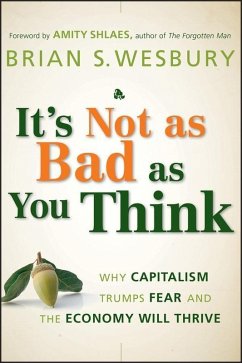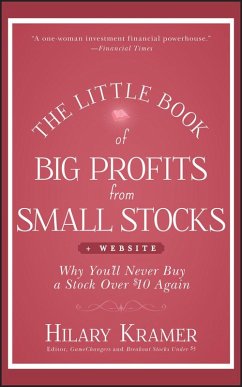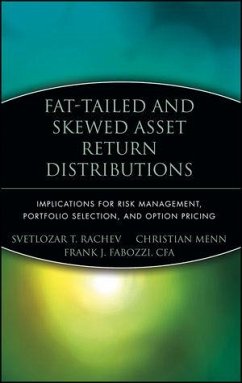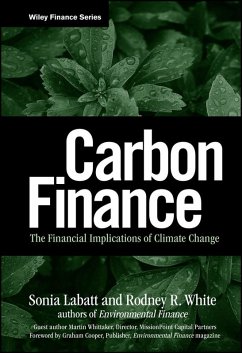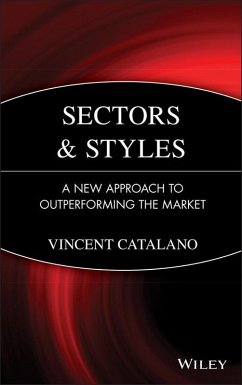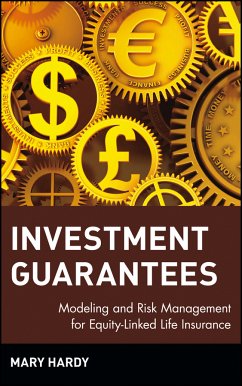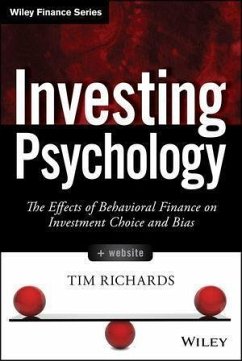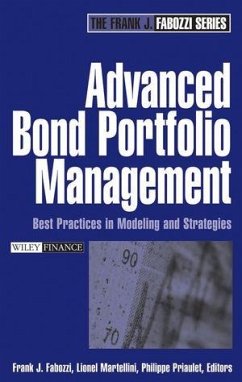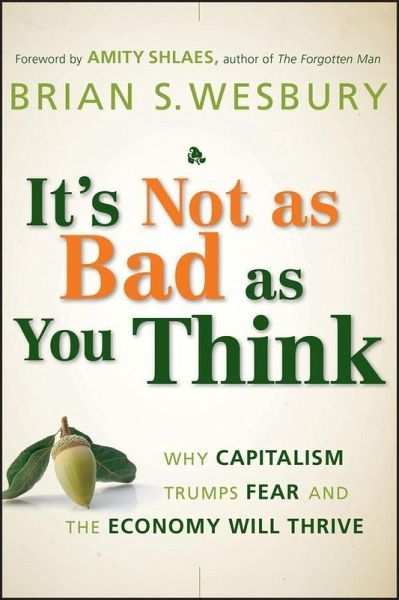
It's Not as Bad as You Think (eBook, PDF)
Why Capitalism Trumps Fear and the Economy Will Thrive
Versandkostenfrei!
Sofort per Download lieferbar
16,99 €
inkl. MwSt.
Weitere Ausgaben:

PAYBACK Punkte
0 °P sammeln!
An upbeat antidote to the gloom and doom forecasts of the financial future Just about everyone is worried about the economy and markets. And the fear is that they will stay down for a long time. But a few brave voices say that the gloom and doom forecasts are just too pessimistic. Reality is that entrepreneurs don't give up. History is pretty clear, every time the economy is thought to be done, worn out, finished, it bounces back and heads to new highs. In fact, the economy and the markets-counter to conventional wisdom-have started to improve in the first half of 2009. Even housing is showing...
An upbeat antidote to the gloom and doom forecasts of the financial future Just about everyone is worried about the economy and markets. And the fear is that they will stay down for a long time. But a few brave voices say that the gloom and doom forecasts are just too pessimistic. Reality is that entrepreneurs don't give up. History is pretty clear, every time the economy is thought to be done, worn out, finished, it bounces back and heads to new highs. In fact, the economy and the markets-counter to conventional wisdom-have started to improve in the first half of 2009. Even housing is showing some signs of life. With It's Not as Bad as You Think, Brian Wesbury, ranked as one of the top economic forecasters by the Wall Street Journal and USA Today, shows you that while the financial future may be hard to predict, it will ultimately be profitable over the long haul. In this easy-to-follow and engaging forecast of the future, Wesbury takes a look at the good, the bad, and the ugly-and debunks the pouting pundits of pessimism to show you how to prosper now and in the future. * An optimistic look at the economy and the markets written by one of today's foremost financial forecasters * Presents a roadmap to seek opportunities in all the panic * Shows you how to analyze economic indicators and government policy to grow your wealth so you don't lose by hiding under the bed A breath of fresh air, Wesbury's objectivity and optimism provide welcome relief to the daily bad news stories, as he sets us all up to capitalize on tomorrow's great possibilities.
Dieser Download kann aus rechtlichen Gründen nur mit Rechnungsadresse in A, B, BG, CY, CZ, D, DK, EW, E, FIN, F, GR, HR, H, IRL, I, LT, L, LR, M, NL, PL, P, R, S, SLO, SK ausgeliefert werden.




